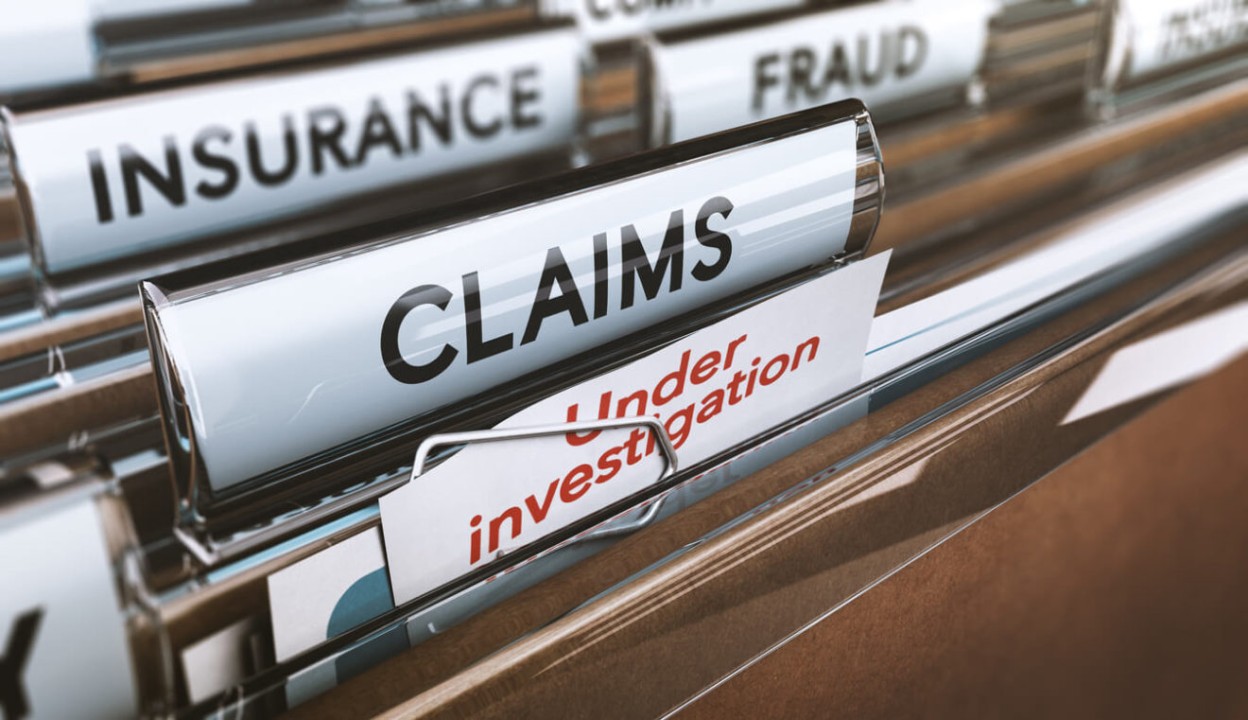Insurance claim investigations play a vital role in validating claims and ensuring fair compensation. They consist of a detailed review of the incident and relevant evidence to determine liability and damages. Essentially, these investigations are essential for insurers to assess a claim's authenticity and decide on the suitable payout amount. Additionally, these inquiries aid in risk mitigation, fraud reduction, and ensuring adherence to regulatory standards. They involve analyzing the specifics of a claim to verify whether it is legitimate, falls under the policy's coverage, and to evaluate the extent of damages or injuries.
Here is a more detailed look at the process:
Initial Claim Review:
An insurance adjuster, or claims adjuster, is typically assigned to investigate the claim.
Gathering Information:
This involves gathering information about the incident, including the claimant's details, the nature of the incident, and any relevant documents or evidence.
Investigation:
The investigator may conduct interviews, examine evidence, and gather information from other sources to determine the claim's validity and the extent of losses.
Documentation:
The investigator will document the findings and create a comprehensive report outlining the investigation's findings.
Decision:
Based on the investigation, the insurer makes a decision on whether to pay the claim, and if so, the amount of the payout.
Benefits of Insurance Claim Investigations:
Fraud Prevention:
Investigations help deter and detect fraudulent claims, protecting insurers and policyholders from financial losses.
Risk Mitigation:
By thoroughly examining claims, insurers can reduce their overall risk exposure.
Compliance:
Investigations ensure compliance with insurance regulations and legal requirements.
Fairness:
They help ensure that claims are processed fairly and accurately, protecting the insurer and the policyholder.


